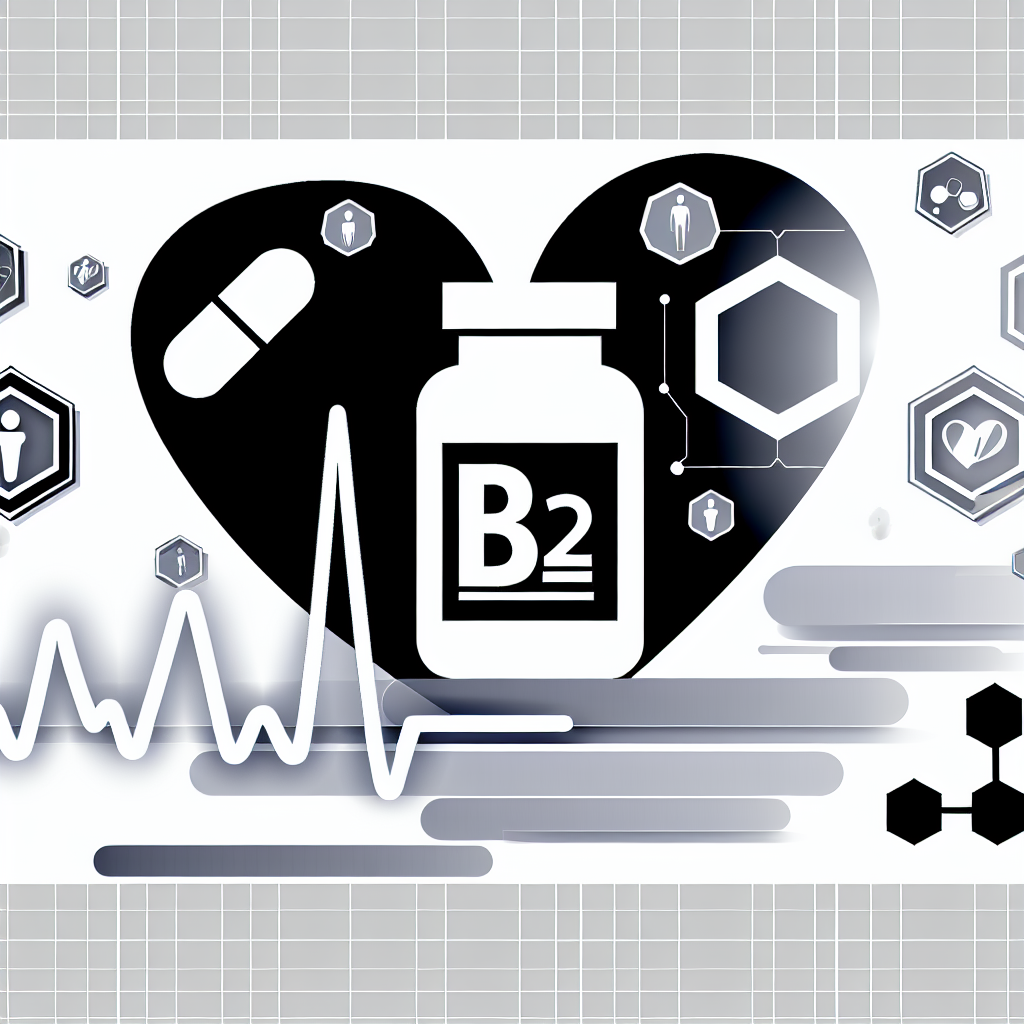Vitamin B12 is naturally found in meat, fish, poultry, eggs and dairy products. It's also available in fortified foods and in dietary supplements.
Some medical conditions or medications can cause low levels of vitamin B12. These include digestive conditions like celiac disease, taking proton pump inhibitors and H2 blockers for GERD or peptic ulcers, and having Sjogren's syndrome.
B12 Facts
Having high vitamin B12 levels can be caused by taking large amounts of supplements, eating a diet rich in foods with vitamin B12, and some medical conditions. While toxicity from B12 is uncommon, having high levels for a long time might raise your risk of some health problems, especially in older people. High levels can also be a sign of some serious diseases.
People with pernicious anemia might have high vitamin B12 levels because they don't make enough of the enzymes that normally help them absorb the nutrient from food or dietary supplements. They might also get symptoms like fatigue and dizziness. The condition can be treated with vitamin B12 shots.
Other people might have high B12 levels because of a digestive disorder, such as celiac disease or Crohn's disease, that makes it hard for them to absorb the nutrient. People who follow a vegan or vegetarian diet might also have high B12 levels because they don't get enough of the vitamin from foods or fortified products.
In some studies, elevated B12 levels have been linked to an increased risk of certain types of cancers. However, more research is needed to determine whether the association is real or a result of other factors. Regular monitoring of B12 levels along with MMA and homocysteine is important to detect high levels and find the cause.
Health Insights
The vitamin B12 in foods and supplements is combined with the mineral cobalt to form cobalamin, which carries out several crucial functions. The vitamin is used in the formation of red blood cells and to produce DNA, RNA and purine bases. It also works closely with vitamin B9, or folate, to help make red blood cells and to work better with iron in the body.
The vast majority of people in the United States consume enough vitamin B12 to meet their daily needs. Observational studies have shown that higher levels of the vitamin are associated with lower cancer risk.
Many factors can contribute to a deficiency of vitamin B12. For example, digestive disorders such as Crohn's and celiac disease can prevent the absorption of the vitamin. Strict vegetarians and vegans are at an increased risk for deficiency because they don't eat animal products, which contain vitamin B12.
Symptoms of severe B12 deficiency can be very difficult to diagnose. In older adults, symptoms may be mistaken for dementia or other conditions. Deficiency is very dangerous, and it can be fatal. Fortunately, the body can store up to 2,000 times as much B12 as it needs. Unlike some other water-soluble vitamins, there is no tolerable upper intake level set for B12. It's considered safe at doses far above the recommended daily allowance, and even larger amounts are well tolerated in most individuals.
Safety Tips
Many people who get high vitamin B12 levels do not have an underlying deficiency. They may take too much of the vitamin as supplements or be getting high doses from their diet. High B12 levels can also be a side effect of certain medicines.
People who have a condition that interferes with their stomach acid or the small intestine might not be able to absorb enough vitamin B12. Stomach acid is necessary to liberate the vitamin from foods. Examples of these conditions include peptic ulcer disease, gastroesophageal reflux disease (GERD), and Crohn’s disease. The use of medications that suppress stomach acid such as proton pump inhibitors and H2 blockers can also limit a person’s ability to absorb vitamin B12.
Some studies have linked high vitamin B12 levels with an increased risk for mortality. But the results are not conclusive, and more research is needed to better understand this association. In general, experts do not recommend taking supplements in amounts that are higher than the recommended daily allowance. People who are concerned about their vitamin B12 levels should work with their healthcare provider to determine the underlying cause and to manage it appropriately. They may need to discontinue the use of vitamin B12 supplements or reduce their dosage.
